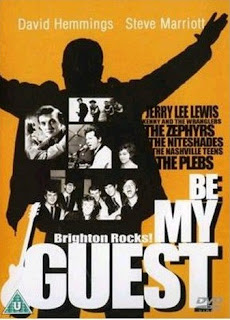Gumley, I wrote, is historic and a little mysterious. So I went back there.
I found the Motte, which some say is an early Norman castle and others dismiss as a relic of 18th-century landscaping.
Either way, it is a low mound with trees growing on it. It is also home to badgers setts.
I felt that I had wandered into M.R. James's A Warning to the Curious, but if there were historical relics to be found there, I am sure the King of the Badgers had them long ago.
Having tired myself out exploring this landscape, I am not convinced that the Motte was constructed as part of the landscaping of the grounds of the vanished Gumley Hall.
The best views here are those from the high ground looking down the valleys. The Motte is at the end of a natural ridge halfway down the hillside.
My money's on the Normans.
And all the time I explored the war memorial and sight screen were just in sight - tantalising glimpses of authority and civilisation.

















































